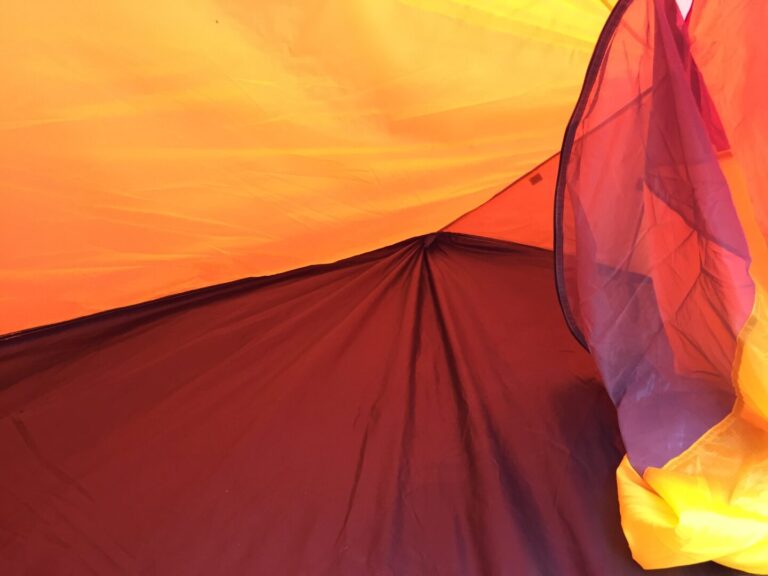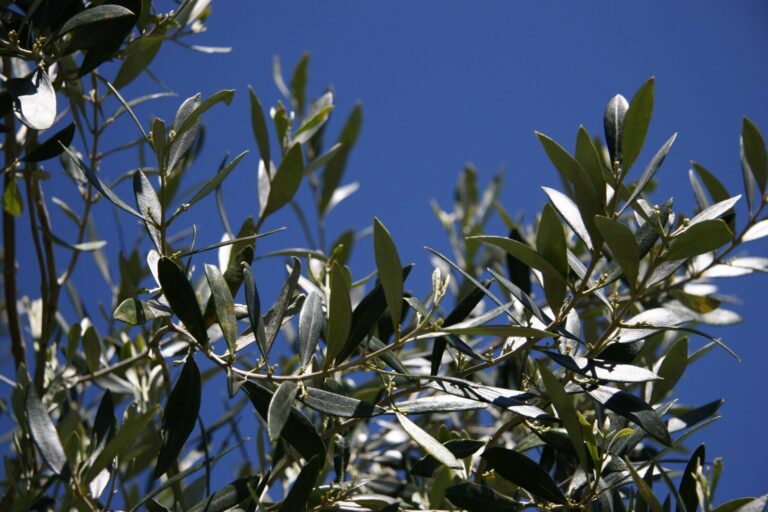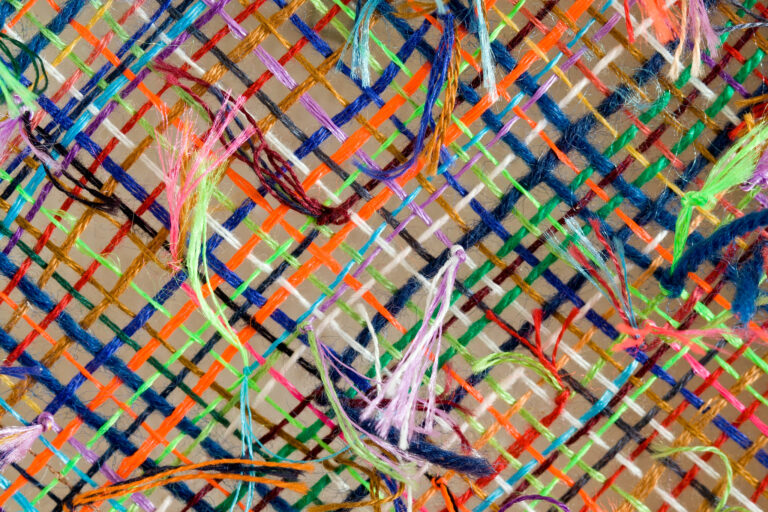This issue of Lateral introduces new features and significant original scholarship, including the Feeding the Civic Imagination forum, the debut of Aporias, new additions to Years in Cultural Studies and Positions, three original articles, and several book reviews.
Keyword: scholarship
Editors’ Introduction: Cultural Studies toward a Free Palestine
Responding to Palestinian organizers’ calls to use our voice, continue to engage in conversations, and to speak out, this statement articulates what we see as the abolitionist and anti-colonial way forward—the only way we can commit to a free Palestine. Imagining and building alternatives is the future, the horizon of possibility, that Lateral, as part of the intellectual and activist project of cultural studies, is imperfectly but consistently striving toward. Here, we highlight work in this issue, including the Towards Third Worlding forum, articles, book reviews, and the second installment of the Positions podcast. We continue to welcome authors to join in this work of pushing the field of cultural studies further, towards its promise of critical inquiry matched by political engagement.
Editors’ Introduction: Lateral Changes
This issue marks the addition of a new co-editor and several special projects, including Lateral‘s first podcast, Positions. This issue presents two important sections of work, both building on conversations in the field and across publications: “The Black Shoals Dossier,” curated by Beenash Jafri, and the second part of “Crip Pandemic Life,” edited by Alyson Patsavas and Theodora Danylevich. In addition to these impressive sections, the issue features three research articles and ten book reviews.
Review of Inside the Critics’ Circle by Phillipa K Chong (Princeton University Press)
Phillipa K. Chong’s Inside the Critics’ Circle highlights the importance of book reviews, from how they are assigned and written to critics’ thoughts about who they should listen to during the review process.
Editors’ Introduction: Cultural Studies and Intersectionality as Intellectual Practice
As a “critical social theory,” intersectionality already lies at the roots of contemporary cultural studies, and the best work in cultural studies has the capacity for or is already engaging with intersectionality as method. This is work that accounts for the multifaceted nature of subjects, institutions, processes, and structures as it asks its questions about cultural objects, experience, ideology, history, or discourses. Intersectionality as, along with dialectical materialism, a core intellectual practice of cultural studies, offers expanded possibilities for political traction, relevance to the world and people’s lives, and transformative potential. We see models of such work throughout this issue, including with part two of a special forum on emergent analytics of critical humanities.




